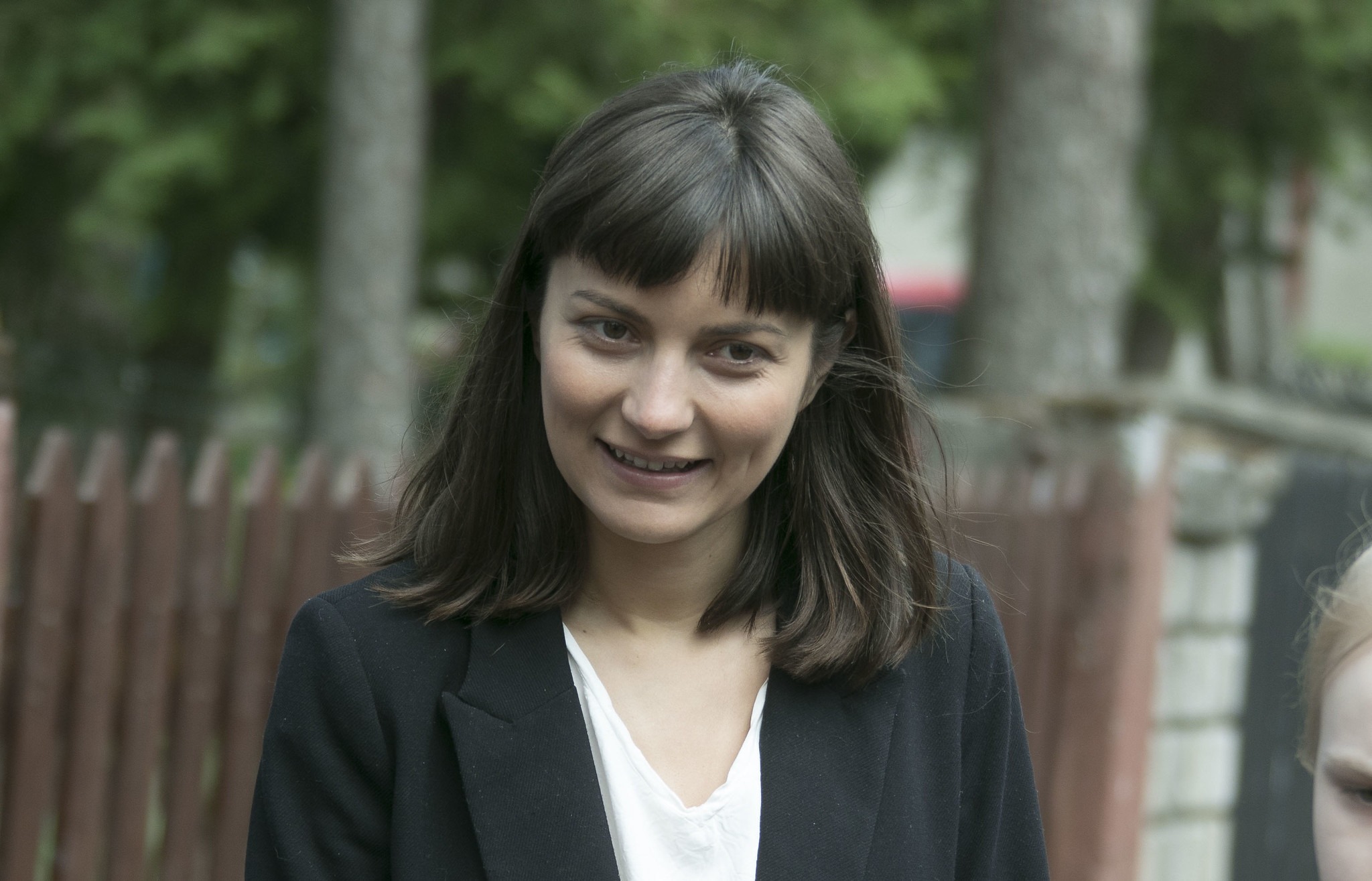
Key Insights:
In April 2024, the Estonian social media and web-based media actors predominantly were focused on the following list of topics, as analyzed by the Awario platform:
- NATO expansion to the West was the reason for wars in Europe.
- Voting and government of Tallinn
- The growth of taxes in Estonia is due to politicians not knowing how to run the government.
- The Estonian politicians have no idea how to deal with economic issues, which was made obvious by the expectation of no economic growth and continued price increases.
- Kaya Kallas and politicians lying about the Estonian economy getting better.
- The Ukrainian military is targeting civilians and rescue teams in Belgorod and has been targeting civilian areas with their weapons.
- The Estonian government is renaming things with ‘Russian’ in the name to ‘minority’ to erase the Russian history in Estonia.
- Elections in Tallinn and corrupt politicians helping certain candidates get elected.
- The Estonian government is putting the name of ‘terrorist’ on all Russian Orthodox followers and trying to intervene in the affairs of the church.
- The government is forcing people to do renovations on expensive things but not providing economic help for the renovations.
- The Hungarian prime minister states that the liberal spirit of the Western world has brought wars and hardships, and they are hoping to end the era of the Western world soon.
Media agents with ties to the Kremlin consistently posted content which criticized the Estonian government, and the majority of the targeted media focused on domestic affairs, especially regarding actions towards the economy, elections, and affairs of the church and minority groups in Estonia. During the month, the biggest targets were the Estonian economy, and the actions that politicians have taken, as well as the new taxes that have been implemented and the rising cost of living in Estonia. In general, the posts criticized what they considered inaction or misaction of politicians regarding the economy, and the growing level of poverty. In addition, agents targeted the elections that took place in Tallinn. Many of the posts claimed that the government was corrupt, as politicians and lobbying businesses were helping certain candidates or certain parties get elected into office, as well as these new politicians firing government employees, especially those from the Centrist Party, to force people to vote for the government and ideas.
Overview of findings:
- A total of 421 social media posts (compared to 551 posts in March) were monitored on Facebook, Twitter, Vimeo and Telegram channels, with a large number of targeted posts originating from Twitter and Reddit, as well as many political targets being discussed on Facebook, and various news websites, such as Delfi and ERR.ee. Twitter held the leading position in activity, with 220 posts (52.3% of activity). The topics of all the posts were scattered, however, they continuously targeted the same things, such as the war in Ukraine, domestic issues in Estonia, as well as the affairs of NATO and the EU
- An Awario media monitoring tool reveals the remaining importance of Russia’s aggression against Ukraine, “Ukraine”, “the war”, and “USA” in Estonian media in Estonian and Russian languages (see graph above) scores nearly 245 mentions. Data from the monitoring tool also shows that nearly a third (29.5%) of these items held a negative sentiment (32.5% in March). That signals the easy usage of war for the spread of anti-Ukrainian and anti-government narratives which are related to the language policies as well.
- Awario has also revealed the notable reach of the same social media pieces (see the graph below), which includes mentions of Ukraine, the war, and the language policies, which were mostly consistent throughout the month.
Story of the month: Russian Orthodoxy and Terrorism in Estonia

During the reporting month, there were many social media agents that were targeting the ongoing issue about the Russian Orthodox Church in Estonia, and the politicians opinions on it after the Patriarch Kirrill said that he considered the invasion of Ukraine a ‘holy war’. The politicians have said that this has “inevitably cast the shadow of terrorism on the entire church he leads” and the social media agents took this to mean that all followers of Russian Orthodoxy would be considered terrorists in the eyes of the Estonian government. The Russian Embassy in Estonia was the first to comment on this on April 12 stating that this was an infringement of the freedom of religion and a violation of the constitutional rights of the citizens of Estonia. In response to this action, many social media agents began to target this in their posts and articles.

Yana Toom was especially active in this matter and wrote on the website RenewEurope about the politician Läänemets and how he claims that Patriarch Kirill’s words about “holy war” “inevitably cast the shadow of terrorism on the entire church he leads. The author has taken this to consider that the politicians and government have decided to label all followers of Russian Orthodoxy and terrorists, despite the politicians saying that all believers in Estonia should be free to believe and follow what they want.
Yana Toom explains that the politicians believe this because of the connection the patriarch of Estonia has to Moscow, but goes on to state that the Moscow Patriarchate simply does not exist in Estonia: both the monastery and the parishes are Estonian legal entities, and what Läänemets is fighting against is canonical, in other words, intra-church “jurisdiction”. Interference in which the state interferes with the principle of religious freedom enshrined in Article 40 of the Estonian Constitution. She also claims that despite her trying, Estonian politicians still believe that the Estonian patriarch is able to command his parishioners to revolt and fight against the Estonian government. She claims that the Estonian patriarch may be connected to them but is not a subordinate to the Moscow patriarch, because they are only subordinate to the Lord God. She, then, goes on to say that there is no threat from the Orthodox church, and even though he called it a terrorist organization, Läänemets himself said that KaPo does not believe that there is a security threat, and that unlike Pope Francis, the Orthodox church has not called for Ukraine to surrender in the war.
Beginning on April 17, another social media agent, Alexander Chapligin also began targeting the same issue, claiming that this was the government attempting to intervene in the affairs of the church. He even claimed that the new mayor of Tallinn, Evgeny Osinovsky, was beginning his time in office with the persecution of the Orthodox church. He mainly targeted the political side of the argument. He claimed that a former Centrist, now a Social Democrat Yaak Aab sent a text of a statement condemning the Moscow Patriarchate, stating that he refused to sign this, because his party does not see this as correct, and that these actions will affect believers in Estonia.

The majority of the replies to these posts were in agreement with the agents claiming that the state was intervening in the affairs of the church and that the government had gone crazy about this matter. The effects of this target spread continue to spread fear and distrust of the Estonian government regarding the minority of Russians, specifically the followers of Russian Orthodoxy in Estonia.









